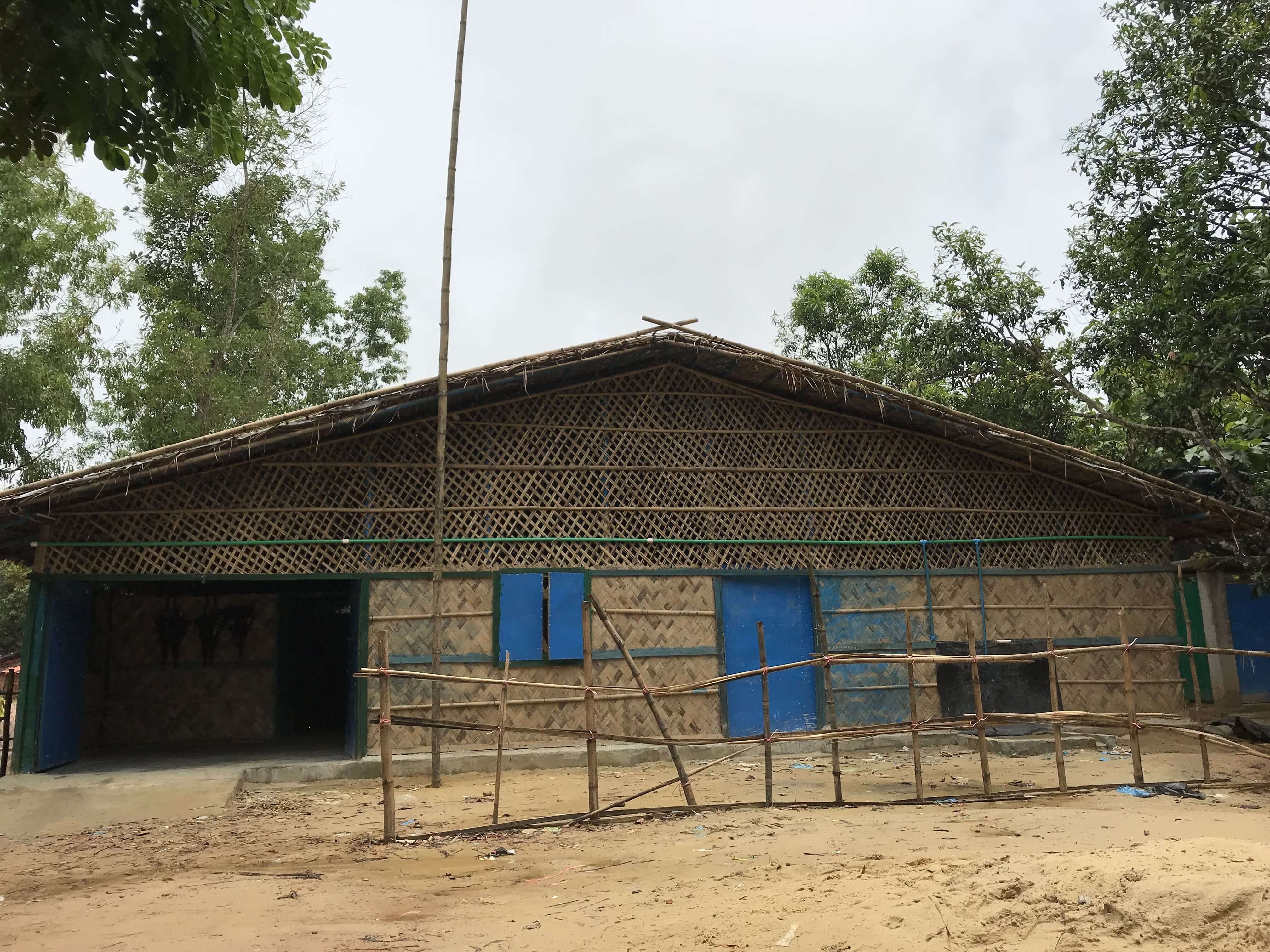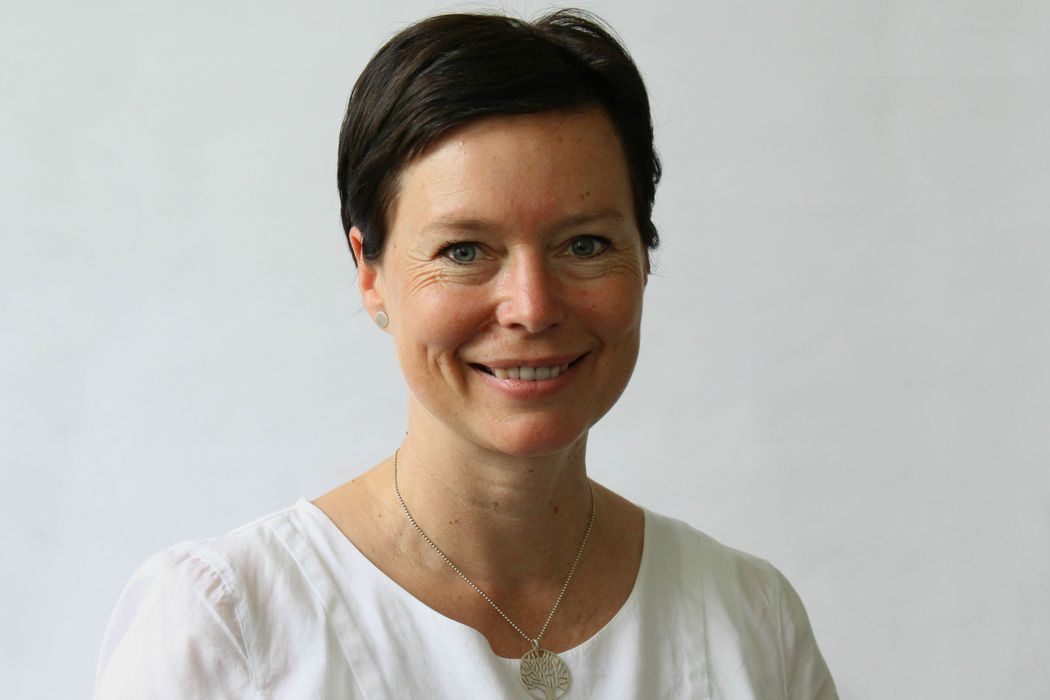Malteser International has opened a new health center in the Kutupalong refugee settlement in Cox’s Bazar, Bangladesh.
Located in the Lambashia area of the mega camp, the new health facility is aimed at meeting the chronic health needs of vulnerable Rohingya refugees in Bangladesh.
“We commenced the construction of the health center at the start of the year,” said Rebekka Toyka, Program Manager for Malteser International’s Bangladesh intervention. “Lambashia is on a higher ground and was not affected by the recent floods. However, the monsoon rains slowed down construction, so we had to set up a temporary shelter to care for sick and wounded.”
The opening of the Lambashia health station comes weeks after Malteser International agreed to take over operations of another health center in the camp, providing primary healthcare services for over 100 persons a day, mostly women and children. As well as identifying and treating cases of malnutrition, Malteser International’s health team and partners in the settlement carry out health information campaigns within refugee communities.
In August 2017, violence against the minority Rohingya ethnic group in Myanmar led to the mass displacement of over 860,000 people across the border into Bangladesh where they joined several hundred thousand who had arrived in previous years. The overcrowded mega camp is currently one of the world’s biggest refugee settlement areas.
Along with its local partner Gonoshasthaya Kendra, Malteser International provides medical care for over 20,000 people within Kutupalong camp. In addition to the treatment of infectious diseases and wounds, the team on the ground also provides medical care for pregnant women, nursing mothers and malnourished children.
“The health needs of the refugee population is still immense” Toyka said. “The people are living in squalid conditions in the camp. Poor access to clean water and sanitation means there is a heightened risk of disease outbreaks like diarrhea, and the rains of the monsoon season are compounding this risk.”
As the rains intensify, the vulnerable refugee population will need continued health services, especially in the area of maternal and infant health as well as psychosocial support, Toyka added.
Since responding to the crisis, Malteser International has scaled up its response operations in the refugee camps, and now operates three primary health centers in the camp. Over 35,000 patients have been treated at Malteser International’s medical facilities and 860 women have received antenatal and postnatal care between the September and the end of December 2017.
Donate here to support our efforts for refugees in Bangladesh
Reference: People in need around the world
More information on our work in Bangladesh










